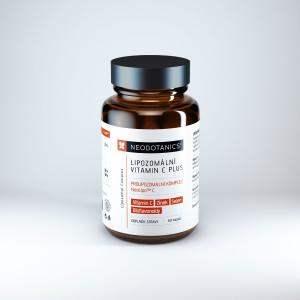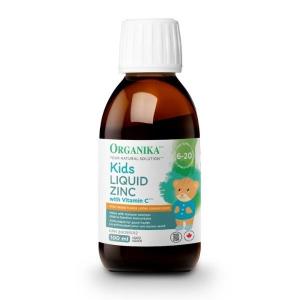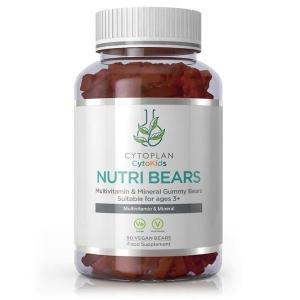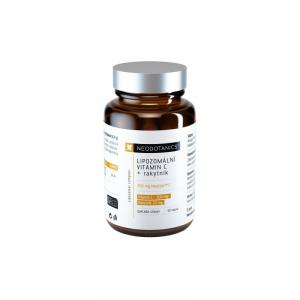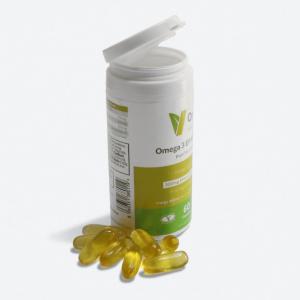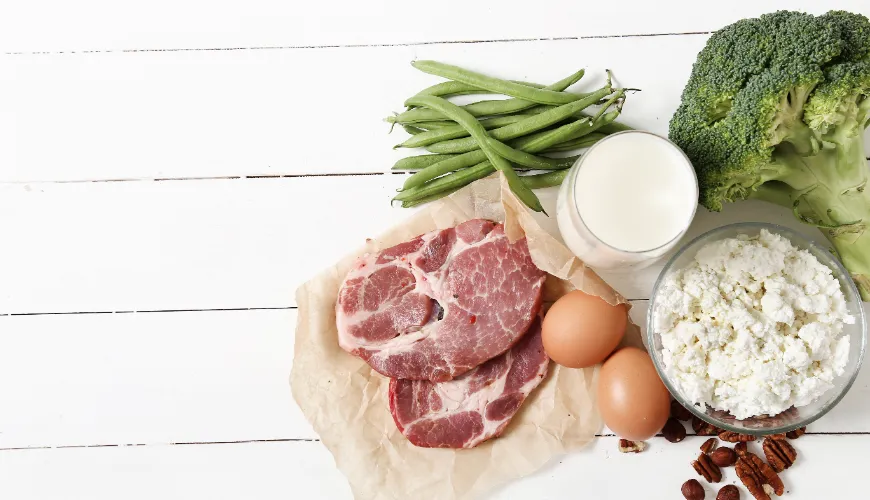
Discover the Benefits of Mallow Tea for Health and Well-being
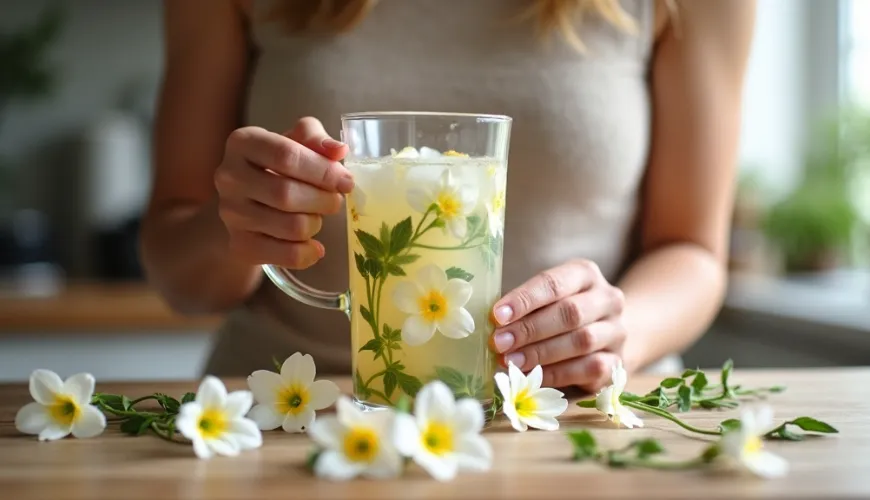
Mallow Tea and Its Effects - A Forgotten Treasure of Natural Medicine
Mallow is one of the plants that have been used in folk medicine for centuries, yet today, many people have almost never heard of it. You might know it as a beautiful purple flower growing along roadsides or in village gardens, but did you know that it can be made into a tea with amazing health benefits? Mallow tea is a gentle yet effective beverage that can be used for a variety of health issues—from an irritated throat to digestive problems.
While in some households, mallow is still dried and used as part of a home pharmacy, in others, its healing potential is almost forgotten. Especially now, when more people are turning to natural remedies and seeking alternatives to chemical medications, mallow is once again coming into focus. And rightly so—it is a plant with gentle but very versatile effects.
What does mallow look like and why is it so special?
Common mallow (Malva sylvestris), from which the tea is most often made, is a perennial herb with striking pink-purple flowers. It is widespread throughout Europe, including the Czech Republic, and thrives on roadsides, ditches, and dry meadows. The flowers and leaves are primarily medicinal, harvested during the flowering period—usually from June to September.
What makes mallow so special? It mainly contains mucilaginous substances, flavonoids, tannins, vitamin C, and anthocyanins. Its high mucilage content is key to its use in healing. Mucilage acts like a protective film on mucous membranes, reducing irritation and promoting healing. And that’s not all—mallow also has anti-inflammatory, soothing, and mildly antibacterial effects.
Try our natural products
Mallow Tea - A Gentle Helper for Everyday Ailments
Mallow tea is a typical example of nature's "quiet strength." Don't expect any strong taste—the tea has a mild, slightly sweet flavor and, thanks to its mucilage content, can feel slightly gelatinous. However, its effects are all the more impressive.
Thanks to its properties, mallow tea is an ideal choice for:
- Throat and upper respiratory tract inflammations – it coats irritated mucous membranes, reduces throat scratching, and eases coughing.
- Oral cavity and larynx inflammations – gargling with mallow infusion helps with mouth ulcers or sore gums.
- Digestive issues – mallow soothes an irritated stomach and intestines and can help with mild constipation.
- Irritation of the urinary tract – it acts as a diuretic and helps with mild inflammations.
It's important to prepare the tea cold so that the effective mucilaginous substances are not destroyed. Simply pour cold water over one to two teaspoons of dried mallow and let it steep for six to eight hours, preferably overnight. Then warm the infusion to a comfortable drinking temperature, but do not boil it.
A Practical Example - When Nature Helps More Than a Pharmacy
Mrs. Jana, a forty-year-old teacher from a small town, suffered from throat pain every autumn. Working with children and constantly talking forced her to visit the pharmacy more often than she would like. She tried everything possible—lozenges, sprays, miracle syrups—but relief was always only temporary. Until her grandmother suggested mallow tea. At first, she was skeptical—how could a "flower tea" help her? But she tried it. After a few days of regular drinking, the pain eased, and most importantly: it didn't worsen. Mallow tea became part of her daily routine during autumn and winter. "I don't know if it's a placebo or if it really works, but since then, I haven't had any throat problems," she says with a smile.
This example not only shows the practical benefits of natural treatment but also how easy it can be to incorporate healing herbs into everyday life.
Mallow in Cosmetics and Skincare
Few people know that mallow is not just a medicinal herb but also a valued ingredient in natural cosmetics. Thanks to its soothing and moisturizing effects, mallow extract is often added to face creams, lip balms, eye serums, and shampoos for sensitive skin.
It is particularly suitable for dry and irritated skin because it not only softens but also protects it from external influences. It also soothes sunburned skin or irritation after shaving.
Mallow extracts can also be used in home care—for example, as a facial tonic. Simply brew a mild decoction and let it cool. Soak a cotton pad and gently wipe your face. Your skin will be fresh and soothed.
Mallow and Children - A Safe Choice for Little Patients
A great advantage of mallow is its gentleness—it is so mild that it is recommended even for small children. Mothers often use it for colds, coughs, or sore throats in their little ones. Of course, it is always important to consult with a doctor, but in most cases, mallow tea is a safe alternative to common pharmacy products.
Its soothing effect also works for diaper rash or eczema—rinses or compresses with mallow decoction help the skin regenerate without irritation.
When to Avoid Mallow Tea?
Although mallow is very gentle, it is not suitable for everyone. In some cases, it can reduce the absorption of medications—due to its mucilaginous character. Therefore, if you are taking prescription medications, it is advisable to consult with a doctor or pharmacist.
Pregnant women should be cautious and use mallow only after consulting their doctor. And as with all herbs, the rule is—everything in moderation. Long-term use of herbs without interruption is not recommended.
Where to Find Quality Mallow Tea?
Today, there are many products available on the market—from pure mallow teas to herbal blends where mallow is combined with other herbs, such as chamomile, mint, or linden. If you decide to buy, pay attention to the origin of the plant, the drying method, and the packaging—it's best to choose organic quality without added aromas and dyes.
On e-shops like Ferwer.cz, you can find products that not only respect the environment but also guarantee high quality. The selection of teas from organic farming is wide and accessible today, so there's no reason to resort to poor-quality blends from regular supermarkets.
As the well-known phytotherapist Marie Treben says: "In nature, there's a cure for almost every ailment. You just need to know where to look." And mallow is certainly a plant that deserves to be rediscovered.
At a time when more and more people are trying to live healthier, more ecologically, and with greater respect for nature, mallow tea should have its place in every household—as a reliable, gentle, and natural ally for health.
